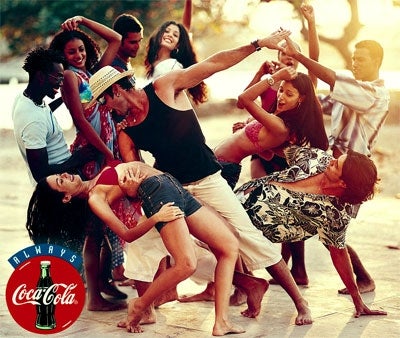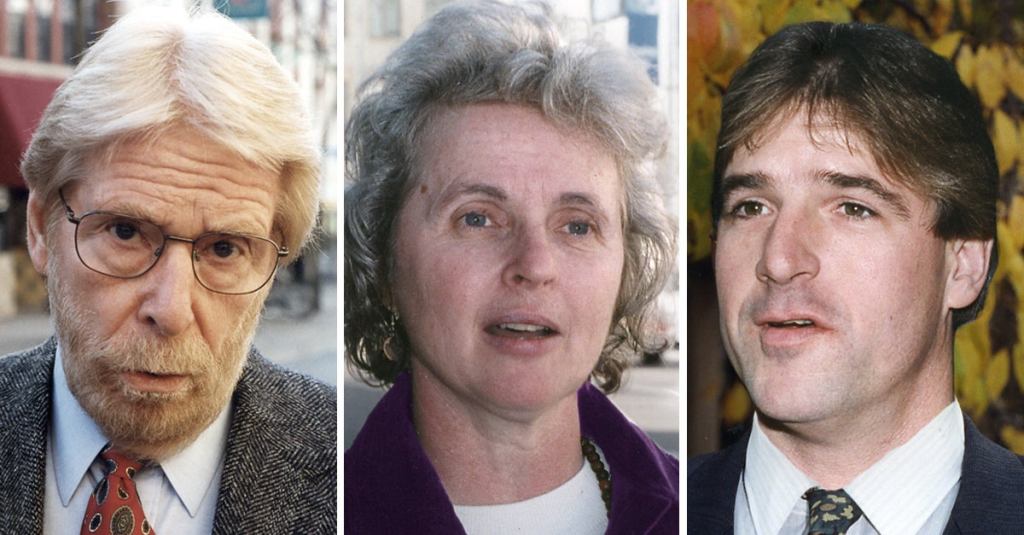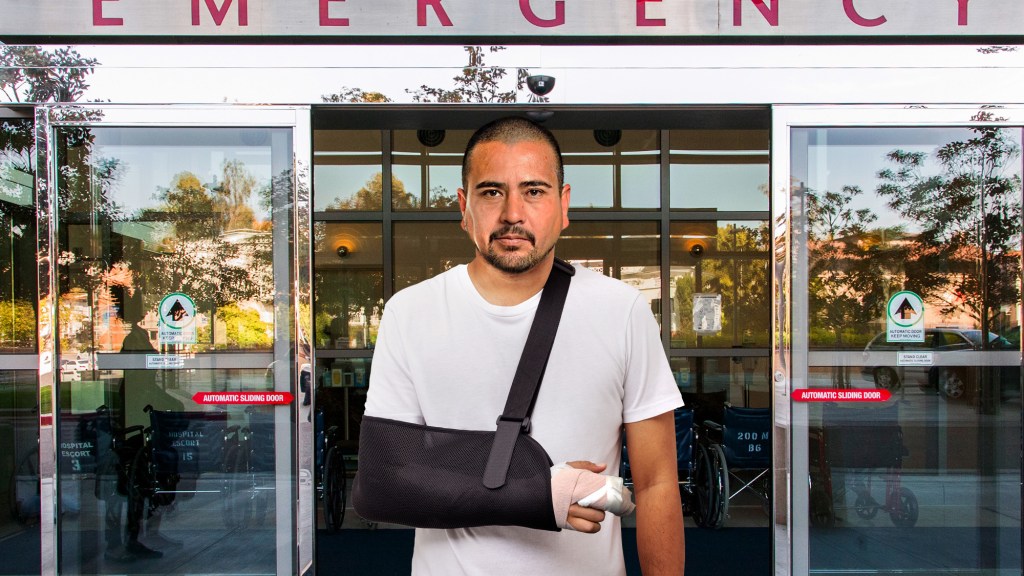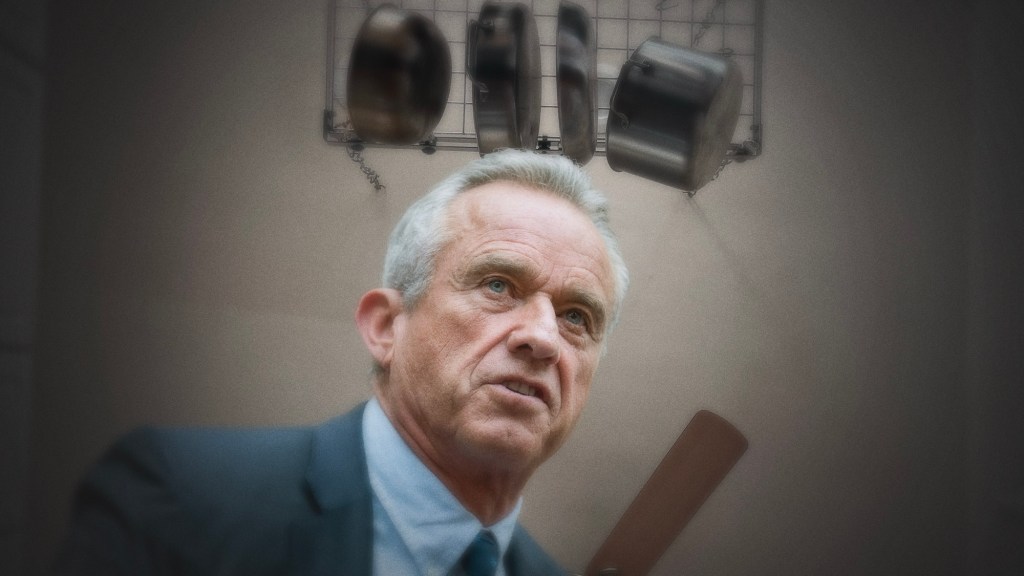LOS ANGELES—A Coca-Cola commercial celebrating Latin American culture made its debut on several major networks last week, empowering and uplifting Latinos nationwide, sources reported Monday.
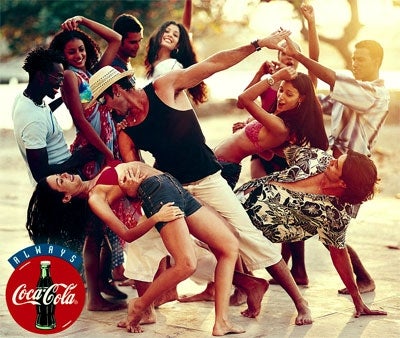
“We are very thankful to the Coca-Cola Company for showcasing the spirit of the Latin people,” said Mario Fernandez, vice president for the League of United Latin American Citizens. “For many years, Latinos have been under-represented in mainstream American media, so it was gratifying to see attractive Latino youths enjoying the refreshing taste of Coca-Cola during a primetime television program.”
Fernandez said Latinos across the country were empowered by the 30-second ad, which featured Latino actors dancing to salsa music, laughing, and opening cans of Coca-Cola.
“Latinos everywhere have been standing tall since this commercial aired,” Fernandez said. “Salsa combines forms of music and dance from several Latin countries, including Cuba, Puerto Rico, and the Dominican Republic. Seeing this uniquely Latin American form of music featured prominently alongside the well-known Coca-Cola logo brought a smile to many Latino faces.”
Fernandez added: “Every time I see that commercial, I feel like I can touch the sky.”
In addition to raising the spirits of Latinos, the Coke commercial has educated the public at large about Latin American culture, Fernandez said.
“Non-Latinos who’ve seen the commercial have a better understanding of who we are,” Fernandez said. “When they look at us, they no longer see day laborers, housekeepers, and drug lords. They see that many of us are upbeat, law-abiding beverage-drinkers.”
Fernandez said the commercial is a part of a larger movement toward mainstream recognition of Latin American culture. He cited the widespread popularity of Jennifer Lopez, Benicio del Toro, and Shakira as further evidence.
“Latinos have made a lot of progress in the past decade,” Fernandez said. “But, thanks to Coca-Cola, we finally have a commercial we can feel good about.”
Fernandez said he hopes that other corporations will follow Coke’s example.
“Many companies receive a substantial portion of their profits from the Latino community,” Fernandez said. “It is time that they gave something back. Specifically, we want more commercials that celebrate what we have to offer. Perhaps the ads could employ other aspects of popular Latin culture, such as our cuisine. Or they might feature some of our prominent film and sports stars.”
Fernandez and his organization have been encouraging Latinos to buy the full line of Coca-Cola products, including snacks and beverages manufactured by subsidiaries of the world’s biggest soft-drink distributor.
“We can see that Coca-Cola spared no expense in creating this ad,” Fernandez said. “This is why we should buy massive amounts of Coke: to thank them for giving our people a reason to raise our heads high and to encourage more of this type of commercial in the future.”
Juanita Nuñez of Flagstaff, AZ was one of the millions of Latinos impressed by Coca-Cola’s depiction of her people.
“Every time I see the Coca-Cola advertisement, it makes me proud to be Puerto Rican,” Nuñez said. “When the advertisement comes on the television, my husband and I call our children into the room to watch it so they will take pride in their heritage.”
“I hope someday other minorities will receive the kind of gift Coca-Cola has given Latinos,” Nuñez added.
Fernandez said his organization has encouraged other Latino organizations to air the commercial at public gatherings.
“No matter why people are meeting, whether it’s for school reform or better working conditions, if you show that commercial, they are going to feel like a million bucks,” Fernandez said. “This commercial has done more for us than the Macarena, People En Español, and the Latin Grammys put together.”


